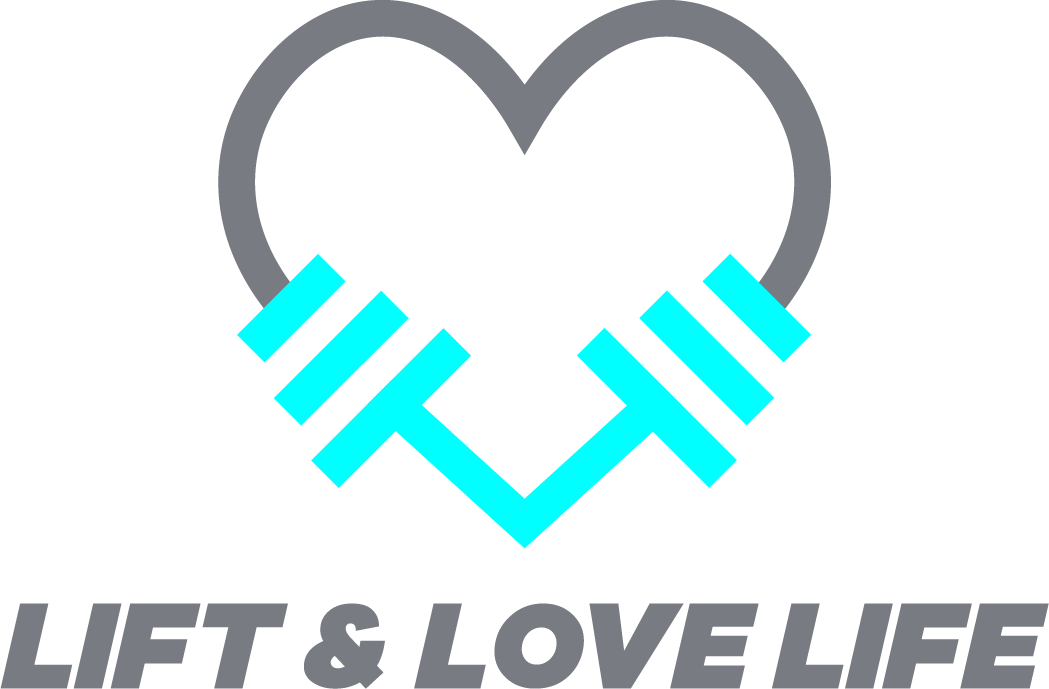When people think weight loss, they usually think about exercise, proper nutrition, drinking water, taking supplements, etc. What most people forget to look at is sleep. Your quality, and quantity, of sleep plays a HUGE role in you health and fitness goals.
BENEFITS OF SLEEP:
Your body does the most recovering during sleep; recovery of your muscle and brain. Working out actually causes muscle damage. Sleep is where the muscles repair and you make strength gains. It is a significant stimulator for growth hormone release, which is a natural agent for cell growth and reproduction. Sleep also appears to improve muscle memory, with the most benefits after 7 hours of sleep.
Individuals who get in extra sleep are more likely to perform better at work in workouts, and/or at their sport, have a better mood, and have increased alertness.
SLEEP DEPRIVATION:
When deprived of sleep, our level of cortisol (the stress hormone) raises, which interferes with tissue repair, growth, and increases fat storage. Lost sleep has also been show to affect the cerebral cortex, which is responsible for focus, concentration, decision making, reaction time, and more. Once sleep deprivation has reached a certain level (differs from person to person), it has been shown to hinder cognitive response, similarly to what's seen with intoxication. (If you normally sleep 8 hrs, but you only get 6, the impact is roughly comparable to a 0.05 alcohol level).
When looking at performance, it looks as though sleep deprivation may affect your body's ability to metabolize glucose efficiently. This causes the time it takes for you to reach exhaustion to lessen and increases the perception of how had you're working, because your body does not have the energy to work at it's normal capacity. Fatigue also masks your exertion level. You "max out" well before you actually should.
Sleep deprivation is cumulative, and it takes time to fix that "sleep debt". Many individuals accumulate large sleep debt by not obtaining their nightly sleep requirements. You should try to extend nightly sleep for several weeks before any kind of athletic event to help reduce sleep debt. If nerves keep you up the night before, don't stress, that's normal. What's important is your regular sleep habits. The greater your training intensity, the greater your sleep needs. And if you're not sleep deprived, studies show an extra hour may help increase your athletic performance.
When tired, form goes south. This can lead to injuries and forming bad habits in your movement patters.
SLEEP TIPS:
Unplug at least 30 minutes before bed. You want your brain activity to slow down. Try meditation, or some gentle yoga, which may help you unwind for better quality sleep.
Minimizing light and noise level is key to quality sleep. Your body will absorb the smallest amount of light, which will reduce your secretion of melatonin (natural sleep hormone). Close your curtains, block the light from appliances, even the light from your alarm clock can inhibit your sleep. If you can't minimize noise, try a white noise machine for soothing background noise.
My caffeine rule: NONE after 2 PM. Even chocolate. Caffeine has a half life of up to 7 hours, so if you consume it too late in the day, it has the potential to greatly affect your sleep.
Alcohol has also been seen to inhibit your deep REM sleep, so try to limit your alcohol consumption.
Consumption of cheery juice, before bed, has actually been shown to increase melatonin production. This allows individuals to fall asleep faster, and achieve a better quality sleep.
Early risers tend to be more active, because they have longer daylight hours to be active in. It's actually been shown that, comparing work in the early hours of the day, to work completed in the late night hours, work done in early hours is more significant (larger projects), whereas late night work is more menial (minor tasks).
EXERCISE.
Any level of exercise seems to make for better rest, but vigorous physical activity enhances deep sleep.
Now get out there and sleep like a champ.
XOXO -
JULES


